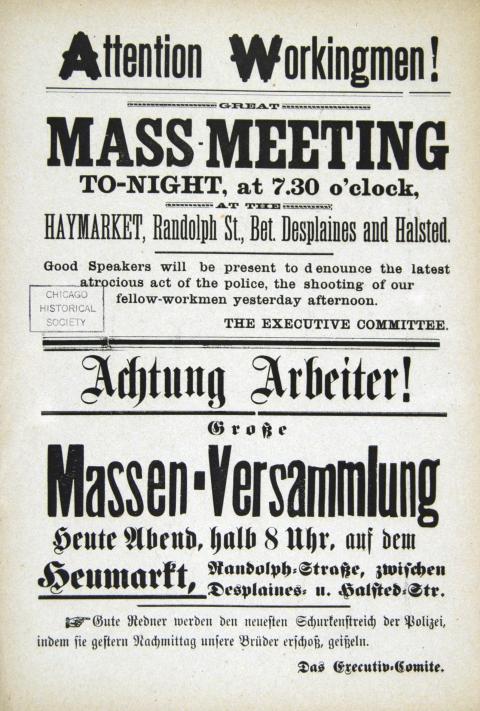Tidbits - May 12, 2016 - Reader Comments: Contested Convention Needed; #BernieorBust" Dead End; Left and 2016; Baldwin; Shakespeare; Israel and BDS; Panama Papers Database....
Portside

Reader Comments: Contested Convention is Needed; and "#BernieorBust" Dead End; The Left in 2016; Stopping Israel's Occupation and BDS; Israel as the Last Remaining, Active Settler-Colonialist Project; Who's Afraid of Communism - Paul Buhle comments; Teamster and Other Multi-Employer Pension Plans; Teacher Challenges Low Evaluation in Court and Wins; Baldwin; Shakespeare;
James Connolly - appreciated today; Just Released - Panama Papers Database...










Spread the word